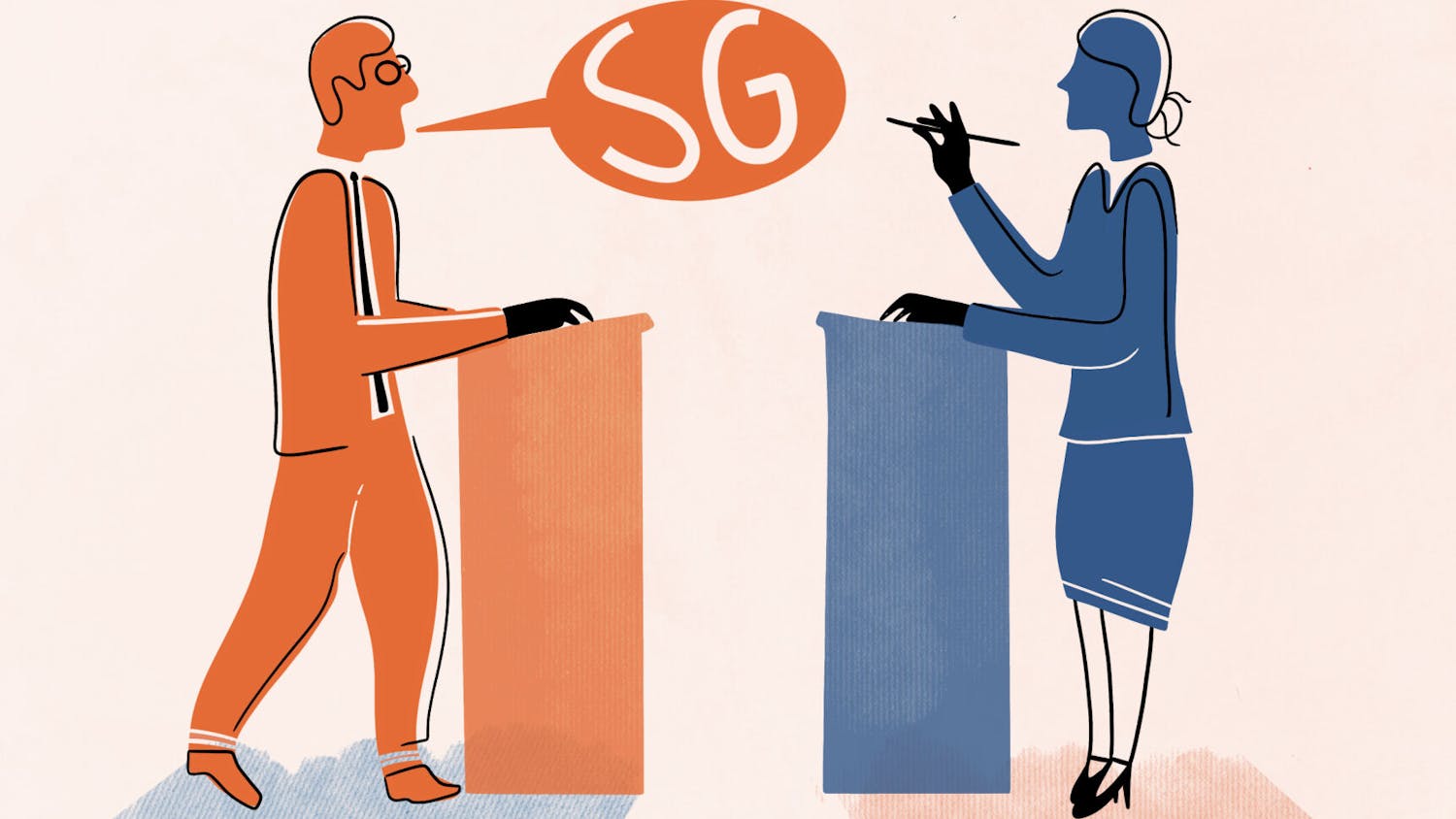Author’s Note: If you or anyone you know has been affected by acts of sexual misconduct, please contact the University Title IX coordinator at 352-273-1094 or inform@titleix.ufl.edu or the Gainesville Police Department. Additional resources are included below.
In November, the U.S. Secretary of Education, Betsy DeVos, proposed a “major overhaul” to the rules that govern how universities handle sexual misconduct complaints. It is lauded by accused students, who are often men, as an effort to end a system they see as biased toward accusers, who are often women. I see it as a significant misstep in the ongoing fight against sexual assault — one that could potentially precipitate a nationwide shift in campus culture toward suppression, undue skepticism and far too narrowly defined interventionism.
There is a well-known stigma surrounding sexual assault at universities. Universities often prioritize image and marketing over giving students a voice against their perpetrators. As much as I wish this was only a stereotype, a study done by Corey Rayburn Yung, a law professor at the University of Kansas, showed that campus rape reports would rise by 44 percent only while universities were placed under audit by the U.S. government. What this clearly shows is that pre-audit numbers were either negligently false or worse, intentionally swept away. As the researchers put it, the hypothesis that the normal practice of universities to undercount sexual assault incidents is consistent with the research.
This is why part of DeVos’ new rules give me pause. Under these new changes, universities will be held accountable for only those complaints filed through ‘proper authorities’ and only for incidents occurring on campus. But this is a fundamental misunderstanding of the landscape of the issue. If higher learning institutions are already smudging numbers and censoring survivors, allowing them more discretion in what is and isn’t sexual assault will only make suppression easier.
The Associated Press suggested in a report that a majority of sexual assaults take place off-campus, and under these new rules this situation would see much less university investigation and response.
When campus stakeholders are misinterpreting the statistics regarding sexual assault, giving those same stakeholders a louder voice in preventative measures can be a significant detriment to the cause they claim to champion. Though this proposal by DeVos seeks to bolster fairness, I believe it will only keep survivors silent and make campus grounds more dangerous.
To quote the 81 former students and survivors of Larry Nassar who wrote DeVos to plead that these new rules not be passed, under this proposal “more survivors will be denied their legal right to equal access to education after experiencing sexual assault.”
Through Student Government and with the help of the UF administration, I had the honor of co-authoring legislation calling for the implementation of an anonymous sexual assault reporting program that would be available to all UF students. Officials within SG have already taken critically important steps in developing and installing this project. We shouldn’t diminish this progress by allowing limitation of the scope for which it can be used.
I ask that UF students not allow public officials to make our home unwelcoming to our peers. There is still time to protest and rally. I urge you to write to your representatives and write to our university administration about this issue. If you or a student organization you represent would like to support a SG resolution echoing this sentiment, please contact me at matthewlukediaz@ufl.edu.
Matthew Diaz is a Student Government senator for District D.
National Sexual Assault Telephone Hotline: (800) 656-HOPE (4673)
UFPD Office of Victim Services: (352) 392-5648
Counseling and Wellness Center: (352) 392-5297
U Matter, We Care: (352) 294-2273
Intimate Partner Violence Assistance Clinic: (352) 273-0805
Alachua County Victim Services and Rape Crisis Center: (352) 264-6760





